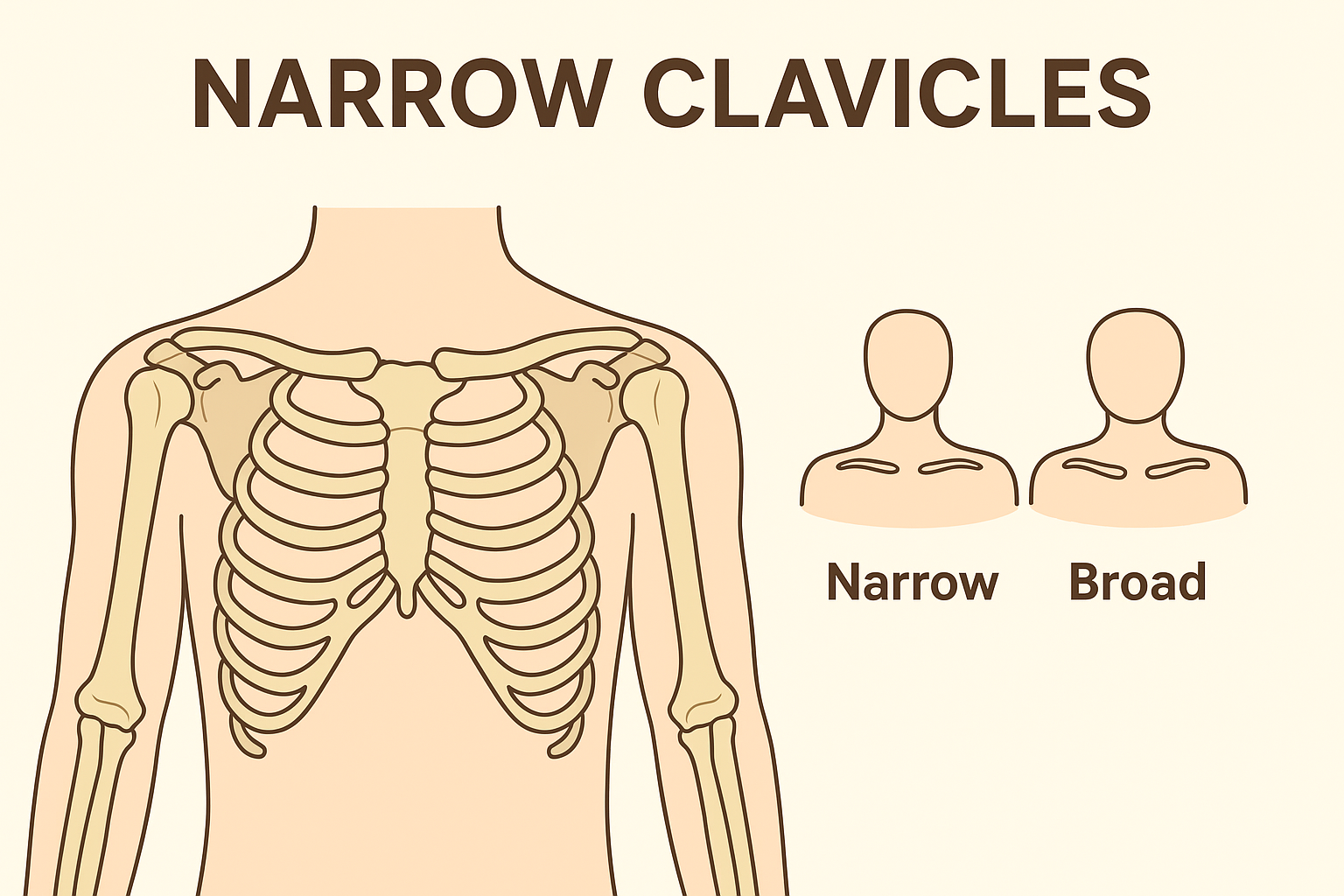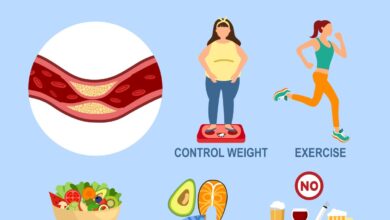Natural Remedies for Headaches: Can Simple Home Remedies Really Bring Relief?

Have you ever had a pounding headache in the middle of a busy day and wished for quick relief without reaching for pills? Headaches can sneak up on us at the worst times—whether it’s after long hours at the computer, during stressful moments, or even when the weather changes. While over-the-counter medicine may seem like the easiest fix, more and more people are turning to natural remedies for headaches because they are gentle, effective, and often free of side effects.
In this article, we’ll explore simple yet powerful remedies that can help ease headache pain naturally. From hydration to herbal teas, relaxation techniques, and lifestyle changes, these remedies offer a holistic approach to better head health.
Understanding Headaches Before Treating Them
Before diving into remedies, it’s important to understand that not all headaches are the same. Knowing the type you’re experiencing can help you find the most effective relief.
- Tension headaches feel like a tight band around the forehead or back of the head, often caused by stress, posture, or fatigue.
- Migraines bring intense throbbing pain, sometimes with nausea, light sensitivity, or visual disturbances.
- Cluster headaches are rare but severe, often striking one side of the head repeatedly over weeks.
- Sinus headaches happen when sinus passages are inflamed, leading to pressure around the nose, eyes, and forehead.
Each type of headache may respond differently to natural remedies, which is why understanding the root cause is key.
Stay Hydrated: Water as the First Line of Defense
One of the simplest and most overlooked remedies for headaches is hydration. Dehydration is a common trigger that can cause headaches to worsen. When your body lacks water, blood flow to the brain decreases, which can lead to pain and fatigue.
To prevent this, keep a water bottle handy and sip throughout the day. Adding slices of lemon or cucumber can make drinking water more enjoyable. Herbal teas and coconut water also count toward hydration, while sugary sodas and excessive caffeine should be avoided because they can make dehydration worse.
Herbal Teas: Nature’s Soothing Elixirs
Herbal teas have been used for centuries to treat discomfort, and many are particularly effective for headaches. Some popular options include:
- Peppermint tea – Helps relax muscles and soothe tension headaches.
- Ginger tea – Reduces inflammation and nausea, making it useful for migraines.
- Chamomile tea – Promotes relaxation and eases stress-related headaches.
- Feverfew tea – Known for its migraine-preventing properties.
Sipping warm tea not only provides hydration but also creates a calming ritual that signals your body to slow down.
Cold and Warm Compress Therapy
Temperature therapy is a simple natural remedy that works wonders. For tension headaches, a warm compress placed on the back of the neck can relax stiff muscles. For migraines, a cold compress on the forehead or temples helps numb the pain and reduce inflammation.
The key is experimenting to see which temperature provides the most relief. Some people even alternate between warm and cold for better results.
Aromatherapy: Healing Through Scents
Essential oils are another natural tool for headache relief. Aromatherapy works by stimulating brain receptors that influence mood and pain perception. Popular oils include:
- Lavender oil – Calming and effective for stress-related headaches.
- Peppermint oil – Cooling sensation that helps open up blood vessels.
- Eucalyptus oil – Useful for sinus headaches because it clears nasal passages.
- Rosemary oil – Reduces pain and boosts circulation.
You can inhale these oils using a diffuser, apply diluted oil to your temples, or add a few drops to a warm bath for relaxation.
Acupressure and Massage
Gentle massage and acupressure are highly effective in relieving headaches naturally. Applying pressure to specific points like the base of the skull, the area between the eyebrows, or the web between the thumb and index finger can ease tension and improve blood flow.
In addition, massaging the shoulders and neck helps reduce tightness that contributes to tension headaches. Even five minutes of self-massage during a break can make a noticeable difference.
Improve Posture to Prevent Headaches
Many people don’t realize how much posture affects head pain. Sitting hunched over a laptop or phone for long periods strains the neck and upper back muscles, leading to tension headaches.
To fix this, adjust your workspace so your screen is at eye level, keep your shoulders relaxed, and take short breaks to stretch. Practicing yoga or simple stretches daily also strengthens posture and reduces headache frequency.
Food as Medicine: What to Eat and What to Avoid
Diet plays a big role in headache prevention. Certain foods act as triggers, while others provide relief.
Avoid:
- Processed meats (with nitrates)
- Excessive caffeine or alcohol
- Aged cheese
- Artificial sweeteners like aspartame
Helpful foods include:
- Magnesium-rich foods like spinach, almonds, and pumpkin seeds
- Omega-3 fatty acids from salmon, walnuts, or flaxseeds
- Hydrating fruits such as watermelon, oranges, and cucumber
- Anti-inflammatory foods like turmeric and ginger
Keeping a food diary helps identify personal triggers and supportive foods.
The Role of Sleep in Headache Relief
Poor sleep quality is one of the biggest contributors to headaches. Both lack of sleep and oversleeping can trigger pain. Establishing a consistent sleep routine helps regulate brain activity and reduces stress.
Try setting a regular bedtime, limiting screen use before sleep, and creating a calm bedroom environment. Even small changes like using blackout curtains or white noise machines can make a big difference in sleep quality and headache prevention.
Stress Management and Relaxation Techniques
Stress is a leading cause of tension headaches. Finding healthy ways to manage stress can drastically reduce their frequency.
Some effective relaxation techniques include:
- Meditation – Even five minutes of mindful breathing can calm the mind.
- Yoga – Combines movement and breathing for overall relaxation.
- Progressive muscle relaxation – Tensing and releasing muscle groups reduces physical stress.
- Visualization – Imagining a peaceful scene helps shift focus away from pain.
Incorporating these practices into daily life builds resilience against stress-induced headaches.
Caffeine: Friend or Foe?
Caffeine is a double-edged sword when it comes to headaches. For some, a small amount (like in coffee or tea) provides quick relief because it narrows blood vessels and enhances pain medication effects. However, too much caffeine or sudden withdrawal can trigger headaches.
The best approach is moderation—limit yourself to one cup in the morning and avoid caffeine in the late afternoon or evening to protect sleep quality.
Stay Active: Exercise for Headache Prevention
Regular physical activity helps reduce the frequency and severity of headaches. Exercise improves circulation, reduces stress, and releases endorphins, the body’s natural painkillers.
Low-impact activities like walking, swimming, cycling, or yoga are particularly beneficial. The key is consistency—aim for at least 20–30 minutes of movement most days.
Limiting Screen Time and Eye Strain
Staring at screens for long periods strains the eyes and contributes to headaches. The 20-20-20 rule can help: every 20 minutes, look at something 20 feet away for at least 20 seconds.
Adjusting screen brightness, using blue light filters, and ensuring proper lighting in your workspace can also reduce eye strain and prevent headaches.
Hydration Boosters: Electrolytes and Herbal Waters
Sometimes water alone isn’t enough, especially after sweating or long hours in the sun. Adding electrolytes through natural options like coconut water or homemade fruit-infused water can rehydrate the body more effectively.
Herbal waters made with cucumber, mint, or basil not only refresh but also provide added minerals that support headache relief.
The Mind-Body Connection
Headaches are often influenced by emotions. Anxiety, sadness, or overthinking can manifest as physical pain. Practices that strengthen the mind-body connection, like mindfulness meditation, tai chi, or journaling, help release built-up emotional tension.
Acknowledging your feelings instead of suppressing them is a natural way to prevent headaches from recurring.
Alternative Therapies Worth Exploring
Some people find relief through alternative therapies, which may include:
- Chiropractic adjustments – Helpful for headaches linked to spinal alignment.
- Acupuncture – Restores energy flow and reduces migraine frequency.
- Biofeedback therapy – Teaches how to control physiological responses like muscle tension.
These approaches may not work for everyone, but many people report long-term benefits.
When to Seek Medical Advice
While natural remedies are effective, persistent or severe headaches should not be ignored. If your headaches are frequent, suddenly worsen, or come with symptoms like vision changes, confusion, or loss of balance, it’s important to consult a healthcare professional.
Natural remedies can complement medical treatment but should not replace professional advice when needed.
Building Your Personal Headache Relief Toolkit
The beauty of natural remedies is that you can mix and match them to suit your lifestyle. For example:
- Drink water and sip peppermint tea during work.
- Use a cold compress for a migraine attack.
- Stretch or practice yoga daily for prevention.
- Apply lavender oil before bedtime for relaxation.
Consistency is key. Over time, these remedies build resilience and reduce the frequency and intensity of headaches.
Final Thoughts: Healing Naturally, One Step at a Time
Headaches can be disruptive, but they don’t always need to be controlled with medication alone. By exploring natural remedies like hydration, herbal teas, aromatherapy, posture correction, stress management, and mindful eating, you can take charge of your well-being in a gentle and sustainable way.
The journey to headache relief is not about quick fixes—it’s about creating daily habits that support balance and overall health. With patience and consistency, natural remedies can help you live with fewer headaches and more energy for the things you love.
So, the next time a headache strikes, will you reach for a pill—or will you try one of these natural approaches first?



